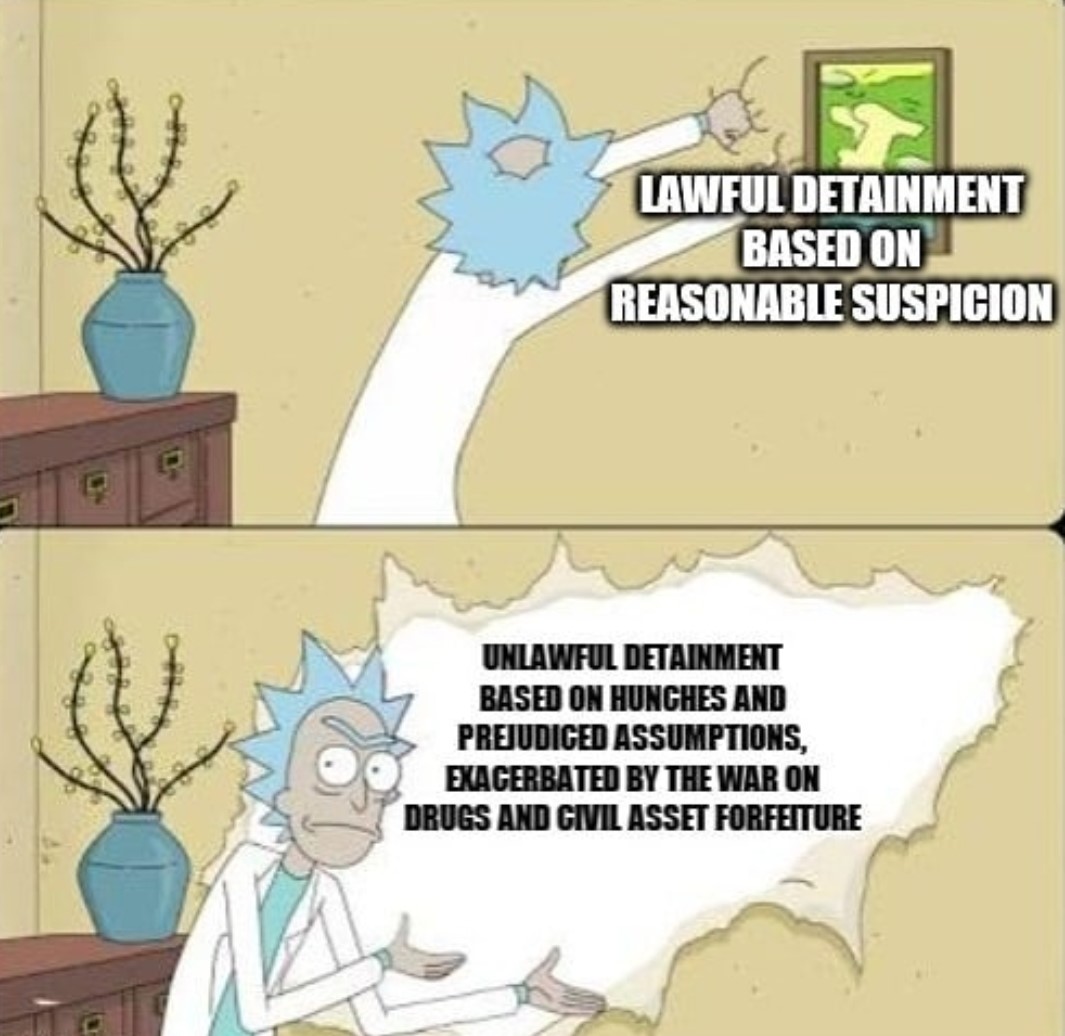JUSTICE MANUAL 9-115.000 – Use And Disposition Of Seized And Forfeited Property
9-115.100 – Management and Disposal of Seized Assets
The United States Marshals Service (USMS) has primary authority over the management and disposal of seized assets in its custody that are subject to forfeiture or are forfeited under laws enforced by agencies within the Department of Justice as well as certain other federal agencies by agreement. Arrangements for property services or commitments pertaining to the management and disposition of such property are the responsibility of the USMS. The authority of the Attorney General to dispose of forfeited real property and warrant title has been delegated to the USMS director by 28 C.F.R. § 0.111(I).
Management and disposal of assets seized by agencies within the Department of Treasury and other agencies included by agreement (including certain agencies moved from Treasury to the Department of Homeland Security) are handled by property custodians (generally contractors) operating under Treasury guidelines. The Treasury agency case agent is generally the initial point of contact for issues relating to seized property custody, management, and disposal.
Prior to taking any action (e.g., in a settlement or plea agreement) concerning the management or disposition of property, the United States Attorney or agent in charge of the field office responsible for an administrative forfeiture case should consult with the United States Marshals Service in cases involving Department of Justice seizing agencies, or Treasury in cases involving Treasury seizing agencies, to discuss management or disposition issues. Such discussions shall address the impact that such proposed action may have on the United States Marshals Service or other custodial agency in undertaking, continuing, or terminating custody of the property. If the interests of claimants are to be satisfied in whole or in part by payments from the proceeds of a sale of the property by the Marshals Service or other custodial agency, the proposed forfeiture order should provide specific guidance for the Marshals Service or other custodial agency concerning such payments. In the case of any settlement or plea agreement that requires the payment of a specific amount, rather than an amount up to the proceeds of sale received in liquidation of forfeited property, approval must be obtained from the United States Marshals Service prior to the execution of the settlement or plea agreement. See Chapter 5 of the Asset Forfeiture Policy Manual (“Management and Disposal of Seized Assets”). The Money Laundering and Asset Recovery Section (MLARS) shall resolve any disputes that may arise in the event that the United States Attorney and the United States Marshal cannot agree on the appropriate resolution.
9-115.200 – Use of Seized Property by Department of Justice Personnel
Property under seizure and pending forfeiture may not be utilized for any reason by Department personnel, including for official use, until such time as the final order of forfeiture is issued.
Likewise, Department personnel may not make such property available for use by others, including persons acting in the capacity of a substitute custodian, for any purpose prior to completion of the forfeiture. However, court authority may be sought for use of seized property, after consultation with the United States Marshals Service, in situations such as the seizure of a ranch or business where use of equipment under seizure is necessary to maintain the ranch or business. See Chapter 5 the Asset Forfeiture Policy Manual (“Use of Seized Property by Department of Justice Personnel”).
9-115.202 – Use of Seized Property Where Custody is Retained by the State or Local Seizing Agency
To minimize storage and management costs incurred by the Department of Justice, state and local agencies which present motor vehicles or other property items for federal adoptions may be asked to serve as substitute custodians of the property, pending forfeiture, at the discretion of the United States Marshals Service or Treasury, and upon consultation with the United States Attorney in judicial forfeiture cases. In addition, the United States Marshals Service may enter into a storage and maintenance agreement with state and local agencies covering such property. Such agreements are contractual in nature, and do not require district court approval. Under such an agreement, the state or local agency has a responsibility to provide adequate storage, security, and maintenance for all assets in their custody.
Any use of such vehicles, including official use, by state and local law enforcement officials or others is prohibited by Department of Justice and Department of Treasury policy until such time as the forfeiture is completed and the equitable transfer is made. See Chapter 5 of the Asset Forfeiture Policy Manual (“Use of Seized Property Where Custody is Retained by the State or Local Seizing Agency”).
9-115.203 – Use of Seized Real Property by Occupants
As a general rule, occupants of real property seized for forfeiture should be permitted to remain in the property, pursuant to an occupancy agreement pending the final order of forfeiture, after consultation with the United States Marshals Service or Treasury and the United States Attorney. For additional information on this topic, see Chapter 5 of the Asset Forfeiture Policy Manual (“Use of Seized Real Property by Occupants”).
9-115.300 – Disposition of Forfeited Property
The disposition of property forfeited to the United States is an executive branch decision and not a matter for the court. Consequently, orders of forfeiture should be drafted broadly to direct forfeiture of the property to the United States “for disposition in accordance with law.” In addition, orders of forfeiture should specifically address any third party claims against the forfeited property that are recognized by the United States. If the interests of the claimant are to be satisfied in whole or in part by payments from the proceeds of a sale of property by the United States Marshals Service or Treasury, the proposed forfeiture order should provide specific guidance concerning such payments and, where possible, specify that such claims shall be paid only after the costs of the United States are recovered, and shall be paid only up to the amount realized from the proceeds of the forfeited property. The Attorney General has been given the authority to dispose of forfeited property “by sale or any other commercially feasible means” without subsequent court approval. See 21 U.S.C. §§ 881(e), 853(h), and 18 U.S.C. § 1963(f). This is generally called a “forfeiture sale” of the property. Forfeiture sales do not require judicial confirmation pursuant to 28 U.S.C. § 2001. See Chapter 5 of the Asset Forfeiture Policy Manual (“Disposal of Forfeited Property”).
9-115.310 – Disposition of Forfeitable Property by Interlocutory Sale
If before forfeiture, an interlocutory sale is necessary because the property is declining in value, and the interlocutory sale is contested, the procedures contained in 28 U.S.C. § 2001 should be followed requiring judicial confirmation of such interlocutory sales. When property is sold in this manner, it is called a “judicial sale.” If the sale is not contested, the provisions of 28 U.S.C. § 2001 need not be followed. Further information on this topic is available in A Guide to Interlocutory Sales and Settlements, MLARS, July 2007.
9-115.400 – Attorney General’s Authority to Warrant Title
Section 2002 of the Crime Control Act of 1990, which amends 28 U.S.C. § 524(c), gives the Attorney General the authority to warrant clear title upon transfer of forfeited property. Section 524(c)(9)(A) reads as follows:
Following the completion of procedures for the forfeiture of property pursuant to any law enforced or administered by the Department, the Attorney General is authorized, in her discretion, to warrant clear title to any subsequent purchaser or transferee of such property.
The authority to execute deeds and transfer title has been delegated to chief deputies or deputy U.S. marshals by 28 C.F.R. § 0.156. The section 0.156 authority predates the asset forfeiture program and applies to all court-ordered sales of property, not just forfeited property.
The preferred means to transfer forfeited property is by special warranty deed executed by the United States Marshal. The special warranty deed assures the grantee/buyer that the United States, as the current seller, has done nothing to encumber the property, nor has it conveyed any right, title, or interest in the property while the government was the owner of the property. In effect, the special warranty deed warrants the forfeiture process. Under appropriate circumstances, a quitclaim deed may be used to transfer property. The quitclaim deed makes no warranty representations. It serves only to convey whatever right, title and interest that the Government had as of the execution date. Finally, property may be transferred by a general warranty deed. It is Department policy to use general warranty deeds only in exceptional circumstances. As used in this policy, the terms “general warranty deed” and “special warranty deed” are not intended to be limiting in their application. In some states, warranty deeds are not used (e.g., in California a “grant deed” provides limited statutory warranties). The use of such state variations equivalent to a general warranty deed is satisfactory for purposes of this policy. See Chapter 5 of the Asset Forfeiture Policy Manual (“Attorney General’s Authority to Warrant Title”).
9-115.412 – Indemnification Agreement in Addition to Special Warranty Deed
It is suggested that the language of the special warranty deed be as follows, with the insertion of the specifically applicable circumstances as required:
The grantor covenants to sp…
Related Posts:
Airport Pirates Find Bounty in a College Student’s Life Savings | New Proposal by US Attorney General May Sidestep Florida Civil Forfeiture Laws | Boston police bought spy tech with a pot of money hidden from the public | Navigating Corporate Legal Challenges | Texas Case May Spur Drug Money Rule Change | Civil vs Criminal Forfeiture: A Comprehensive Guide | The FBI Seized Almost $1 Million From This Family—and Never Charged Them With a Crime | John Oliver Explains Civil Forfeiture By Police | Attorney General Sessions Announcement on Asset Forfeiture | Walberg, Paul Introduce Civil Asset Forfeiture Legislation | This Federal Program Lets Cops Seize Cash, Evade State Laws And Keep Over A Billion Dollars | Feds charge 21 people in global crypto money laundering bust | Fighting Back against Government Theft | Why Asset Forfeiture Requires Specialized Defense Skills | In Landmark Civil Asset Forfeiture Case, U.S. Supreme Court Holds Excessive Fines Clause of Eighth Amendment Applicable to States | How to Avoid Losing Property to Civil Forfeiture | Motion to Suppress in CAFRA Forfeiture Cases | How Civil Asset Forfeiture Works (college edition) | Airport Pirates Find Bounty in a College Student’s Life Savings | How to Challenge an Airport Cash Seizure Successfully | Rand Paul Slams Civil Asset Forfeiture Laws | Are law enforcement agencies abusing civil asset forfeiture? | Our Government Overlords | Texas Asset Forfeiture Press Conference (Institute for Justice)





![pfp_social[1]](https://www.rucci.law/wp-content/uploads/2023/12/pfp_social1.jpg)

![Figure-17[1]](https://www.rucci.law/wp-content/uploads/2023/12/Figure-171.png)



